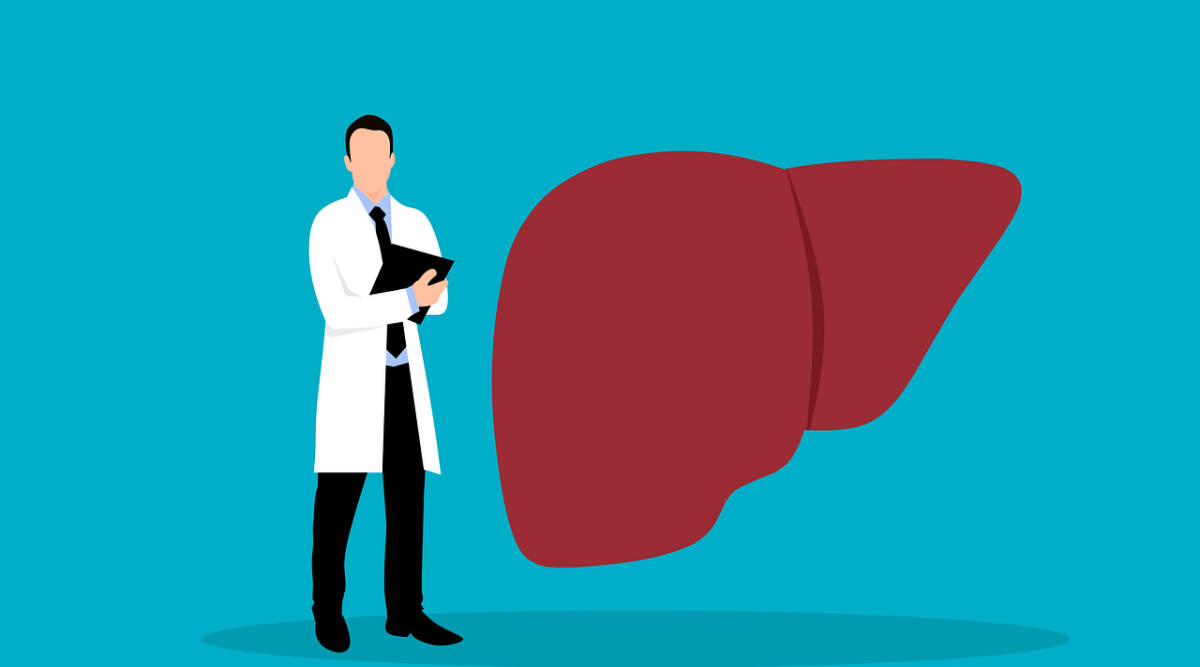Health Matters: Sahyadri hospitals cross 250 liver transplants
Sahyadri has now got multi-organ transplant centres at Deccan, Nagar Road, Karad and Nashik and has recently opened a liver transplant facility at the Hadapsar unit.
 Dr Ketan Apte, vice-president, Sahyadri Hospitals Group, said that the success of the organ transplant programme has been possible with help of many stakeholders.
Dr Ketan Apte, vice-president, Sahyadri Hospitals Group, said that the success of the organ transplant programme has been possible with help of many stakeholders.Sahyadri Hospitals recently crossed the milestone of 250 liver transplants. Dr Bipin Vibhute, director and head of organ transplantation and hepatobiliary surgery, said that the organ transplant programme in Sahyadri hospitals began in 2016.
“Five years down the line, we have already crossed a milestone of 250 liver transplants at Sahyadri Hospitals with the Deccan unit alone crossing 200 liver transplants. Earlier the challenge was to instil confidence in people that transplant was indeed a life-saving procedure. The cost associated with transplants and the people’s perception were the other challenges. But it gives us immense satisfaction that most of these life-saving procedures have been conducted on those from middle-class and peripheral and rural areas. We managed to rope in NGOs and donors to help those who could not meet the expenses.
Dr Ketan Apte, vice-president, Sahyadri Hospitals Group, said that the success of the organ transplant programme has been possible with help of many stakeholders, including Zonal Transplant Coordination Centre (ZTCC), traffic police, NGOs, donors, the team of doctors and staff and families who consented to organ donation. Sahyadri has now got multi-organ transplant centres at Deccan, Nagar Road, Karad and Nashik and has recently opened a liver transplant facility at the Hadapsar unit.
Aditya Birla hospital removes rare 11 kg ovarian malignant mass from 22-year-old
A 22-year–old woman who had a huge 45-cm ovarian mass weighing 11.20 kg was successfully treated at Aditya Birla Memorial Hospital in Pune recently. Gynaecologist Dr Madhulika Singh said that the mass was so huge that the upper border of the mass was touching the border of the patient’s breast.
Gynaec-onco surgeon Dr Nikhil S Parwate said that the case was very complicated as the girl was only 22 and unmarried. “I met her family and explained to them that surgery was necessary. There were two outcomes of the surgery, one where the mass is benign and will be removed without any complication. The second was if the mass was malignant, we would have to determine what stage of cancer it is and accordingly, we can decide whether her fertility could be retained or not,” he said.
“In general, up to stage 1A-grade 2 cancer, you can preserve the fertility”, he further said. The family and the patient both had to undergo multiple counselling sessions, various consents had to be taken before the surgery was performed. “It was challenging to remove the mass weighing 11.2 kg without rupturing it. There were areas of micro-invasive cancer in the mass and hence her cancer was diagnosed as Stage 1A,” he said.
A fertility-sparing onco surgery was done where the uterus and other ovary is retained while doctors removed the path of the spread and the tissues surrounding the uterus. The complicated surgery went on for three hours and fifteen minutes where no blood transfusion was needed and no ICU stay. The patient was discharged on the third postoperative day.
“What Ankita had was an epithelial ovarian tumour which is generally seen in women of 45 years of age and above. If seen in younger patients, it’s hereditary. Hence we will be investigating her mother and her family tree to know the cause. Ankita has to go through a follow-up plan where she needs to visit us once every four months and we will do sonography, blood tests and tumour markers to monitor her health. Ankita is absolutely normal. However, we will continue strict monitoring till she gets married, conceives normally, and has a baby, Dr Parwate said.







